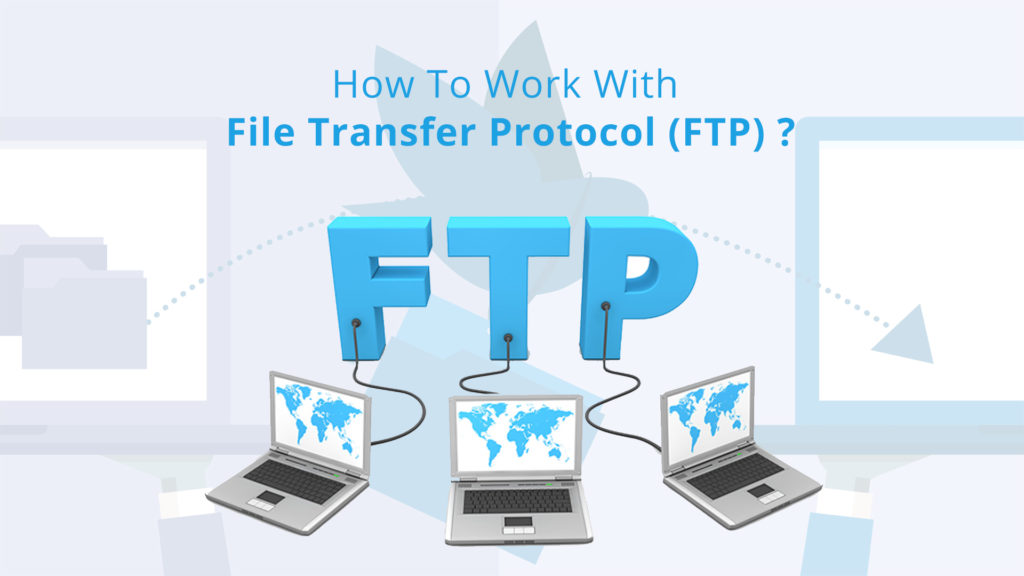Data has become essential for businesses and organizations. If you are a business owner and need to make an essential decision for your company, having useful data on your side will help. On the other hand, the risk of data leaks and hackers has become prevalent over the years. So governments have put pressure on private companies to safeguard consumer data.
Because of these issues, the demand for privacy-enhancing technologies grew. As networks take more and more personal information from users, privacy has become an essential requirement.
Table of Contents
What Are Privacy-Enhancing Technologies?
Privacy-Enhancing Technologies (PETs) is an umbrella term that covers the various methods experts and professionals are developing to help individuals protect privacy and data confidentiality while maximizing data utility in both internal and external input.
Businesses have long been using PETs in their operation. But it has recently become popular because of organizations’ rising concerns on security and privacy compliance of private companies and even the government. If you are in the loop, you may have heard of some of them, like pseudonymization, synthetic data, anonymization, Tor networks, and encryption like https://cryptobase.biz/.
New Emerging PETs
Because of the growing concerns about privacy security and data confidentiality, new technologies are being developed to address them. Here are some of them:
Limited Disclosure Technology
Online transactions and interactions with businesses and organizations will often require individuals to disclose some of their private information for security purposes. Limited disclosure technology aims to protect your privacy by only letting enough information get to your service provider. It will also limit the correlation and tracking of third parties in user interactions.
Limited disclosure technology uses cryptographic techniques to allow users to receive vetted data from providers. And to transmit data to reliable parties which trust the data’s authenticity.
Anonymous Credentials
Some companies will ask for too much information before you can access their products and services. Anonymous Credentials ensures that the data you provide is only those you are willing to disclose. A good example is an online car rental.
You don’t need to disclose your true identity to car rental agencies. They only need to ensure you are of legal driving age, have insurance and a license, and can pay for the service. Anonymous Credentials allow both you and your service provider to be comfortable with each other. It ensures minimum data requirements for transactions (data minimization). And allows car rental agencies to confirm you have the credentials to drive a car and get their money.
Negotiation and Enforcement and Data Handling Conditions
Every time someone orders something online, the service provider or merchant and the user will have to negotiate how much data is needed to proceed with the transaction. It can include whether third parties can access your data and when they will delete it. If you want to ensure your service provider follows through with your agreements, you’ll have the option to audit the enforcement.
This is the type of technology experts try to develop. So people are more willing to provide information for transactions to proceed without problems.
Data Transaction Log
This technology aims to log what data you have sent to private companies and other service providers. These logs let you determine what data you’ve sent and to whom. Or establish what information a specific provider possesses, allowing more transparency between users, private sectors, and other organizations.
Conclusion
Privacy and data confidentiality have become a major topics for users and companies. So experts and concerned organizations are developing new technologies to address such issues. And strike a balance between data utility and user privacy and security. So if you know anyone wondering what steps have been made in the privacy sector, sharing this article should help.

